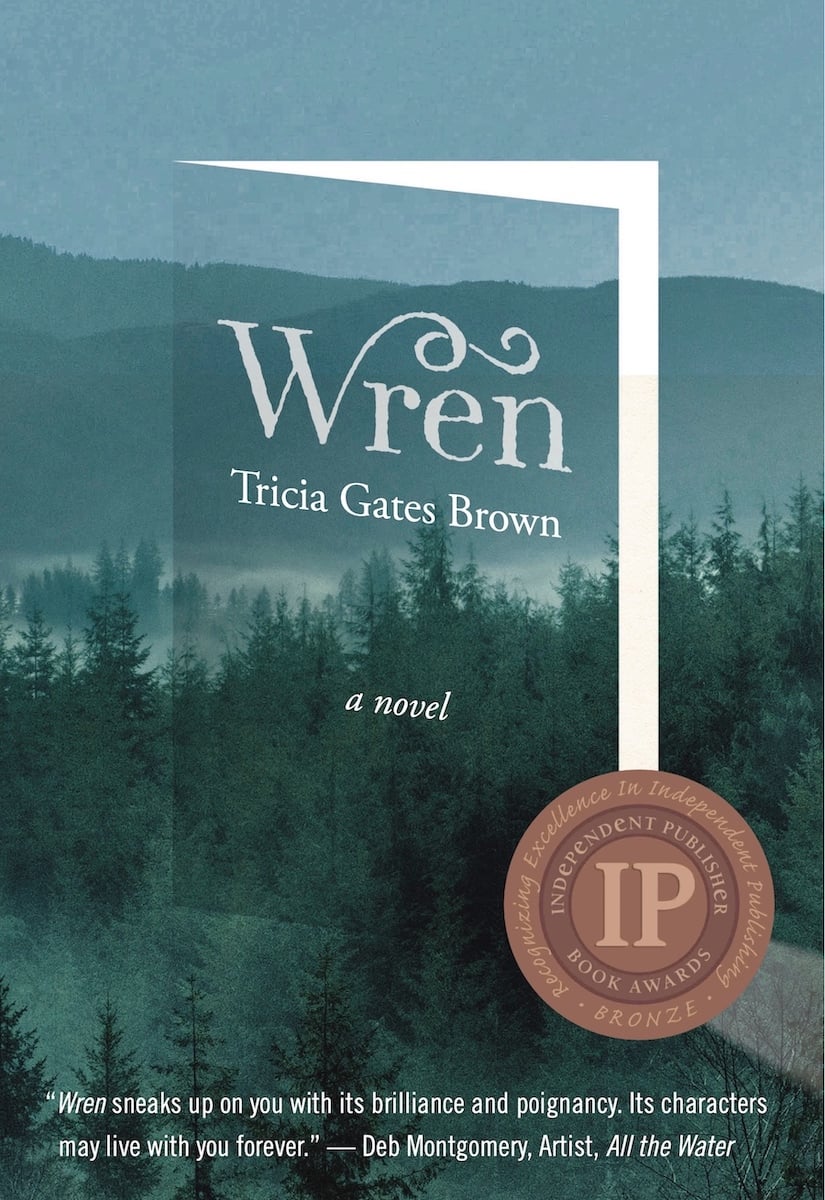
I keep stumbling upon the necessity of social connection. In news stories on children’s mental health; stories about memory function and what preserves it; stories about recovery from addiction. The potent prescription in each case, based on the mounting research of social scientists, is connection and community. We seem to need it like air, food, water, if we are to thrive. And really, we increasingly aren’t so good at it—if statistics hold water.
The reverberations of this message came to mind recently as I shared a Lenten meal and discussion with eight folks attending a tiny Episcopal church. In my life I’ve attended dozens of group gatherings that felt awkward, stilted, phony, drab. The formula for social connection being a perplexing, elusive alchemy. But something is happening in that little group of Episcopalians. People open us, tear up, and crack up, and seem genuine. It reminded me of something Frederick Buechner wrote about finding true church after happening in to Al-Anon, where he experienced that “[t]hese [12-step] groups … are more like what families at their best can be than most families are, certainly more than what the family I grew up in myself ever was. They are more like families because in them something which is often extraordinarily like truth is spoken in something that is extraordinarily like love” (Telling Secrets. SanFrancisco: Harper One, 2000, p. 91).
•••••••
So I’m wondering what makes the difference between superficial acquaintance-ship (which we abound in—especially in churches) and nourishing, real, social connection, which we often find elusive? What is the difference between the group I shared a Lenten meal with and the many stilted gatherings I’ve soldiered through in the past? What allows us to speak truthfully, while surrounded in love?
I’m finding the difference is acceptance—the feeling of being embraced as one is, in all of one’s essence or “this-ness,” rather than pressured to conform to a group ideal, or to keep one’s flaws hidden. This seems to be the secret to the openness of the group I referenced—an acceptance that allows people to share delicate experiences and get to know and support one another without stultifying inhibitions. More than once I’ve heard visiting priests remark about that congregation, “It is obvious you all love one another.” And this love is manifest in, among other things, acceptance. On the other hand, alchemy is precarious and can be shut down easily by someone degrading another, for example. Boundaries tend to go up quickly when people feel threatened; and boundaries are good. But outside of extreme circumstances like this, it seems there’s much potential to accept and value people without the need to change them.
•••••••
In moralistic contexts—like many churches—and in ideologically-pure contexts—like many political groups, it seems people undersell the importance of non-conformity and acceptance. I’ve felt the coercive, intense pressure to conform in both arenas, and that pressure works better than anything to shut down relationship and connection. Acceptance suggests we don’t need people to agree with us in order to have relationship with or genuinely enjoy them. But we do need people.
Acceptance means we let people have their differences. In the little church I mention above are people different in many ways—socioeconomically, theologically, politically, and to some degree ethnically. I love the man who watches a different news channel than I do, and who probably votes differently. And the woman who likely sees my theology as out-there, but who loves me anyway. Really, we don’t talk about the differences much. We don’t need to. We’re too busy connecting through a smile or laughter—not talking much at all, or busy talking about things that connect us, which are voluminous since humans are much the same.
Most importantly, we humans need each other, as social science demonstrates. Certainly we need one another more than we need ideological purity.
Wren, winner of a 2022 Independent Publisher Awards Bronze Medal














